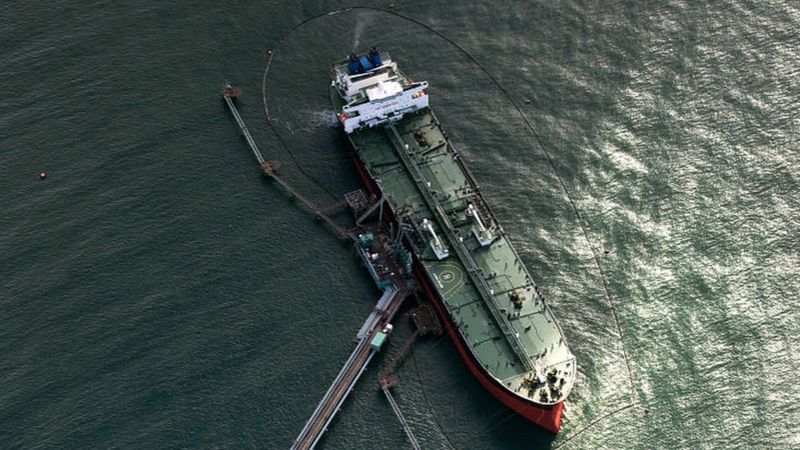
Inquiry
Tensions in the Red Sea Expected to Impact the Prices of Solar Modules
At the end of 2023, there was a slight decrease in the prices of solar modules across all technology types. This drop is likely the last for the foreseeable future and only applies to products already in Europe.
For PV modules needing shipment or still en route by sea, prices are rising due to ongoing conflicts in the Red Sea and the Gulf of Aden. Houthi militants' attacks on merchant ships have disrupted the Suez Canal route, leading many shippers to avoid this critical Asia-Europe passage. The alternative route, around Africa's southern tip, adds about 6,000 kilometers, nearly tripling container transport costs from China to Rotterdam. Despite these increased costs, module prices haven't soared yet, mainly because of currently moderate demand.
In regions like Germany and Central and Northern Europe, demand is lower due to a persistent cold wave and political uncertainties. In Poland, for instance, the new government under Prime Minister Donald Tusk is facing operational challenges due to continuous disruptions and protests.
Reflecting on 2023 forecasts, the predicted second-half drop in PV component prices materialized, with modules seeing even steeper and quicker declines than anticipated. This led to robust installation figures in Germany's small installation sector, despite a year-on-year demand decrease.
In Germany, new PV capacity nearly doubled, from 7.5 GW to over 14 GW. However, the anticipated bureaucratic reductions for larger PV park constructions haven't occurred, slowing down new projects in the commercial and utility sectors. The steep module price decline also led to a wait-and-see approach, delaying some project completions.
PV component offers from last year are being revised downward due to lower prices and increased competition. Customers should critically assess and negotiate prices, even for small and medium installations.
Expected regulatory improvements for renewable energy expansion in Germany, dubbed “Solarpaket 1,” were delayed to the current year due to budget debates. The proposed amendments, if passed, would facilitate cable laying for renewable energy systems, prioritize ground-mounted systems in disadvantaged areas to save high-quality farmland, and expand the "special solar installations" category. This category would include floating PV, photovoltaics on wasteland and parking lots, and agricultural photovoltaics, as well as allowing repowering for self-consumption on rooftops.
With current low component prices, suppliers face significant additional sales potential.
Our expert will reach you out if you have any questions!

